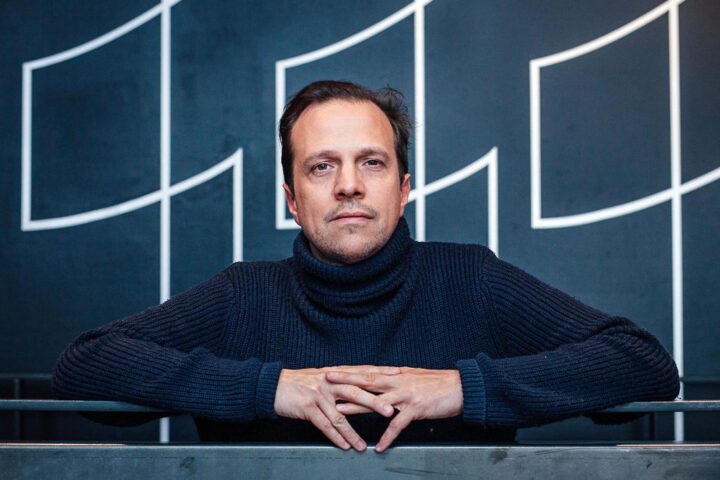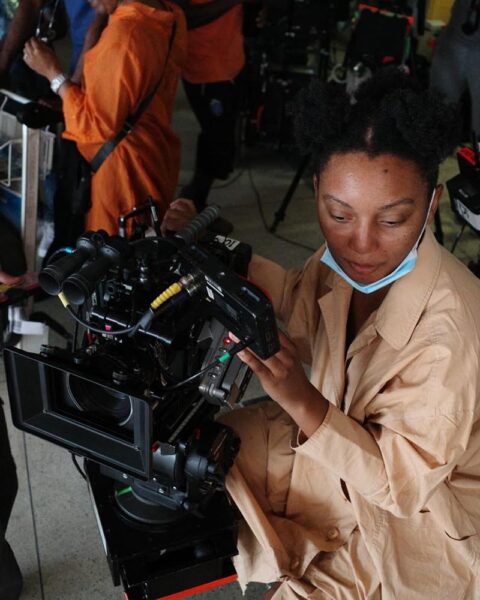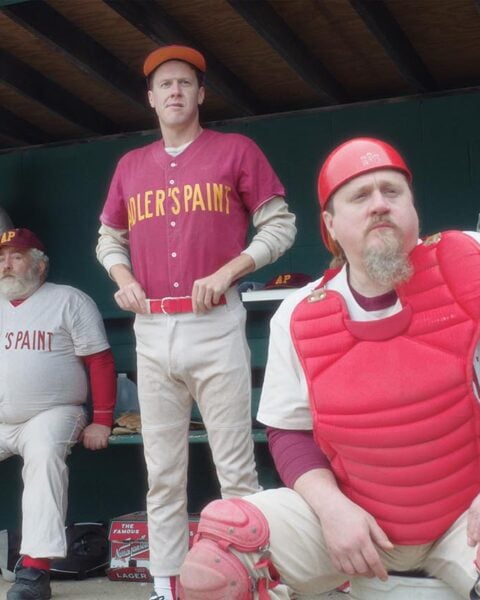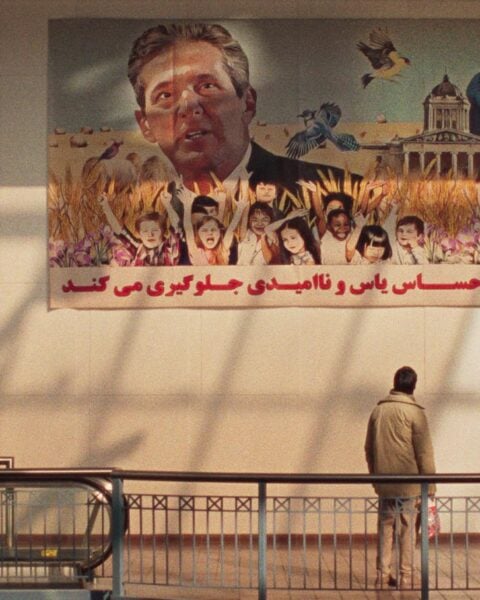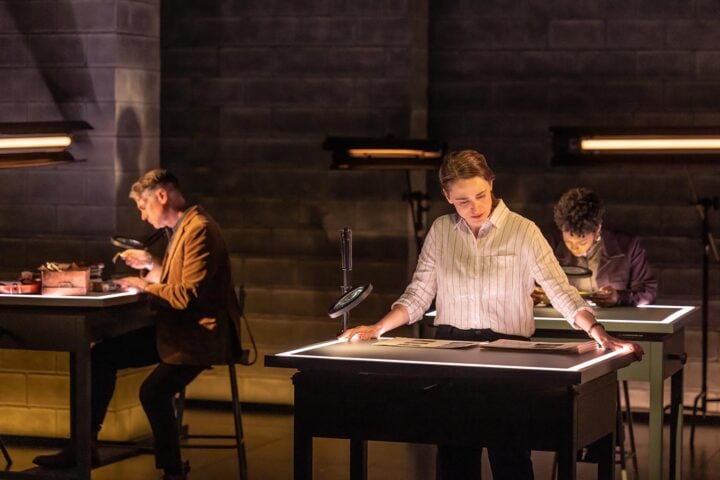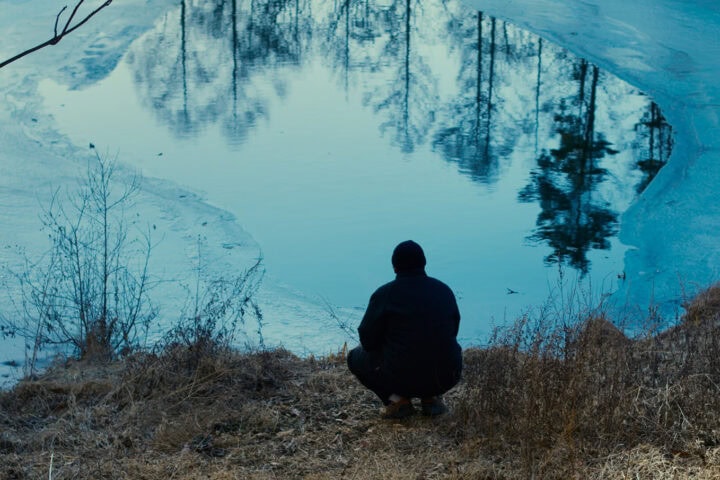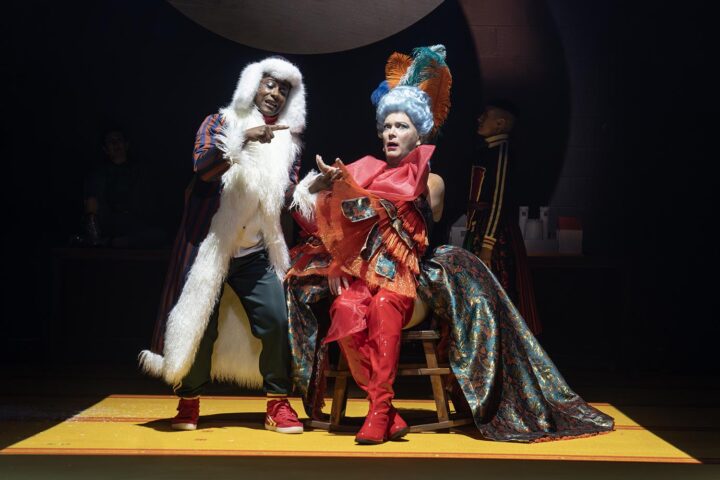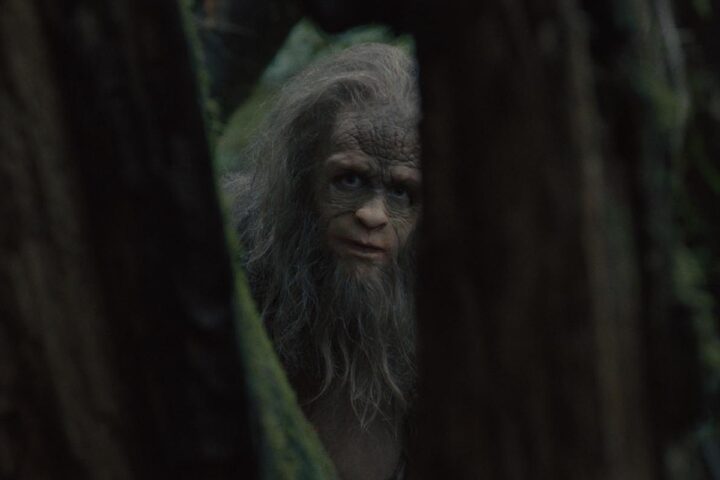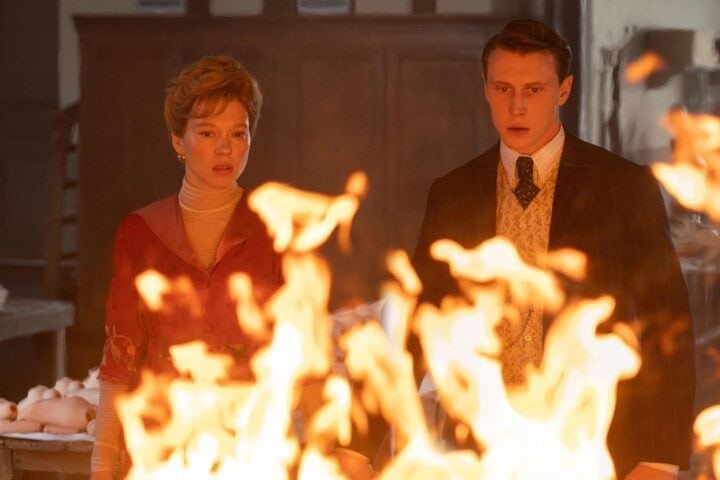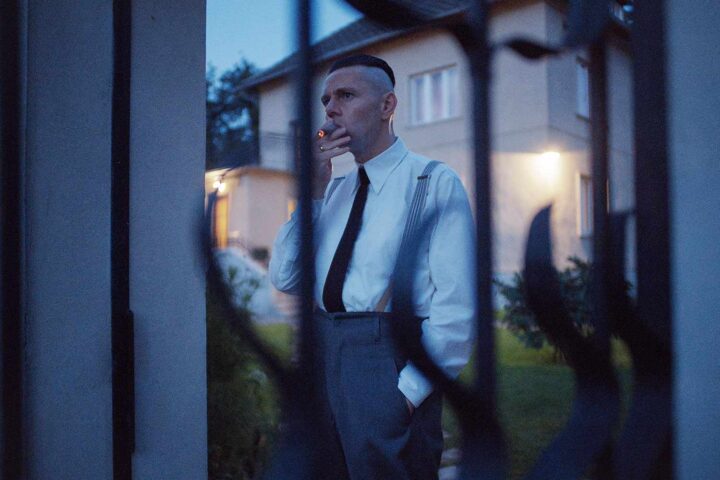Lesage discusses the struggles faced by more than just youth across his films.
Interview: Richard Linklater on ‘Hit Man,’ Playing with Identities, Working with Glen Powell, & More
Linklater discusses whether people’s identities can change with enough will power.
The brothers discuss the film’s roots, giving the actors secrets at the start of each day, and more.
The play examines the provenance of a photo album from Auschwitz.
Hamaguchi discusses the evolution of his approach to dialogue and camera movement.
Mac discusses experience of starring in Sarah Ruhl’s show and the projects waiting in the wings.
The filmmaker brothers discuss how Bigfoot straddles the human and the animal world.
Loach discusses the connection between form and content throughout his body of work.
Bonello discusses The Beast and Coma, his understanding of time and the self, and more.
McKay discusses the connections between his two latest performances.
Rohrwacher and O’Connor discuss the ethereal qualities of the film’s main character.
The filmmaker discusses his approach to depicting the present day as a historical moment.
Chernov discusses what guides his camera, Russia’s weaponization of disinformation, and more.
Manning Walker discusses what different audiences have made of the film’s ambiguities.
Avilés discusses why it’s important to be in touch with a collective consciousness.
Sayles discusses how his 1996 neo-western noir speaks to the present political climate.
Gálvez discusses why his feature-length debut always had to exist within the western genre.
Durkin discusses his approach to genre and the film’s thematic overlap with his prior work.
Friedel discusses how the film’s unconventional shooting style informed his performance.
Wenders discusses how Kiefer’s work informed the craft of Anselm and more.
Wiseman discusses how his latest documentary relates to frequent fascinations in his work.

